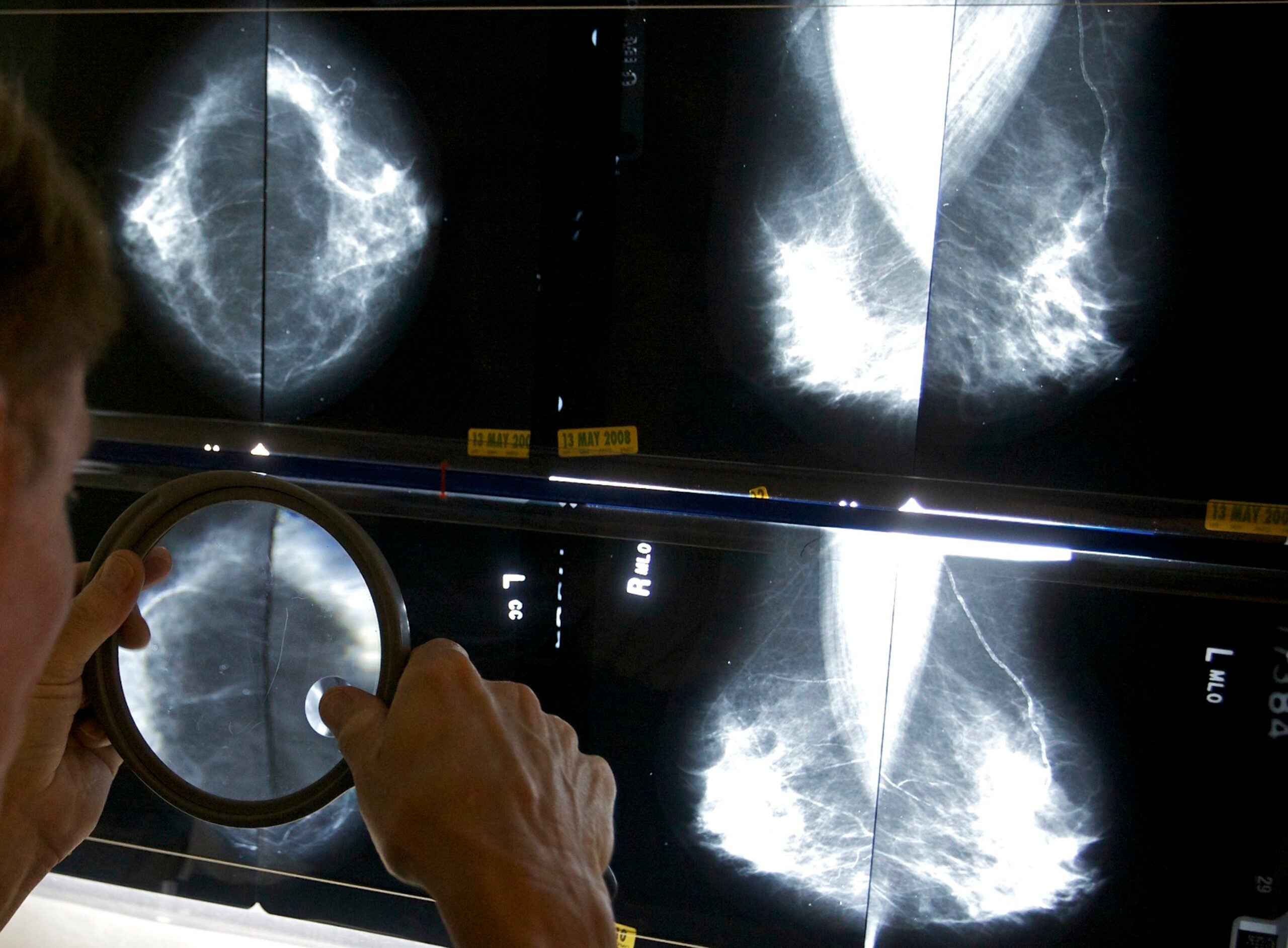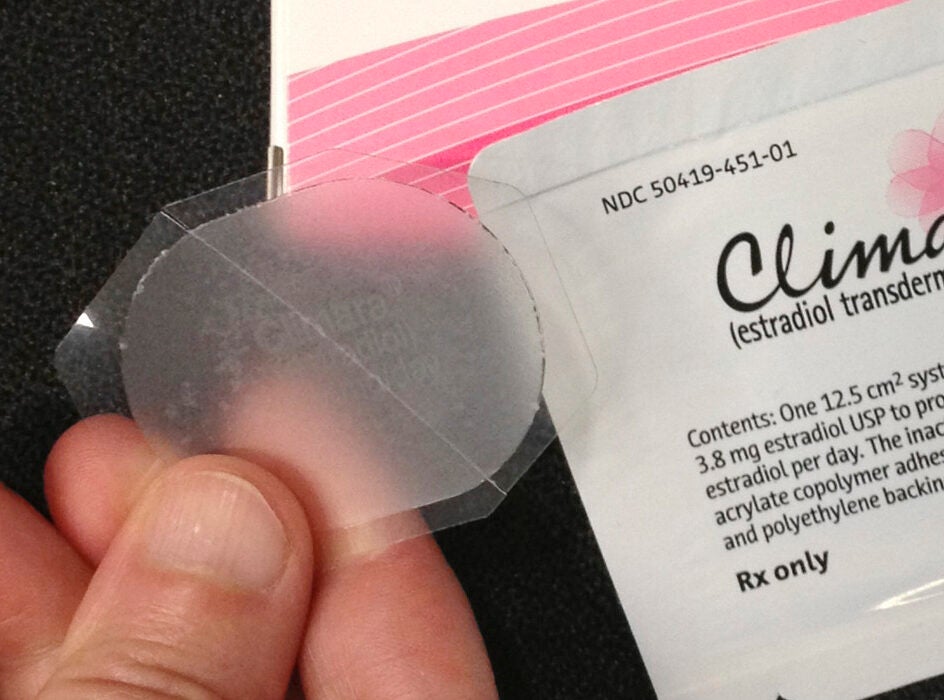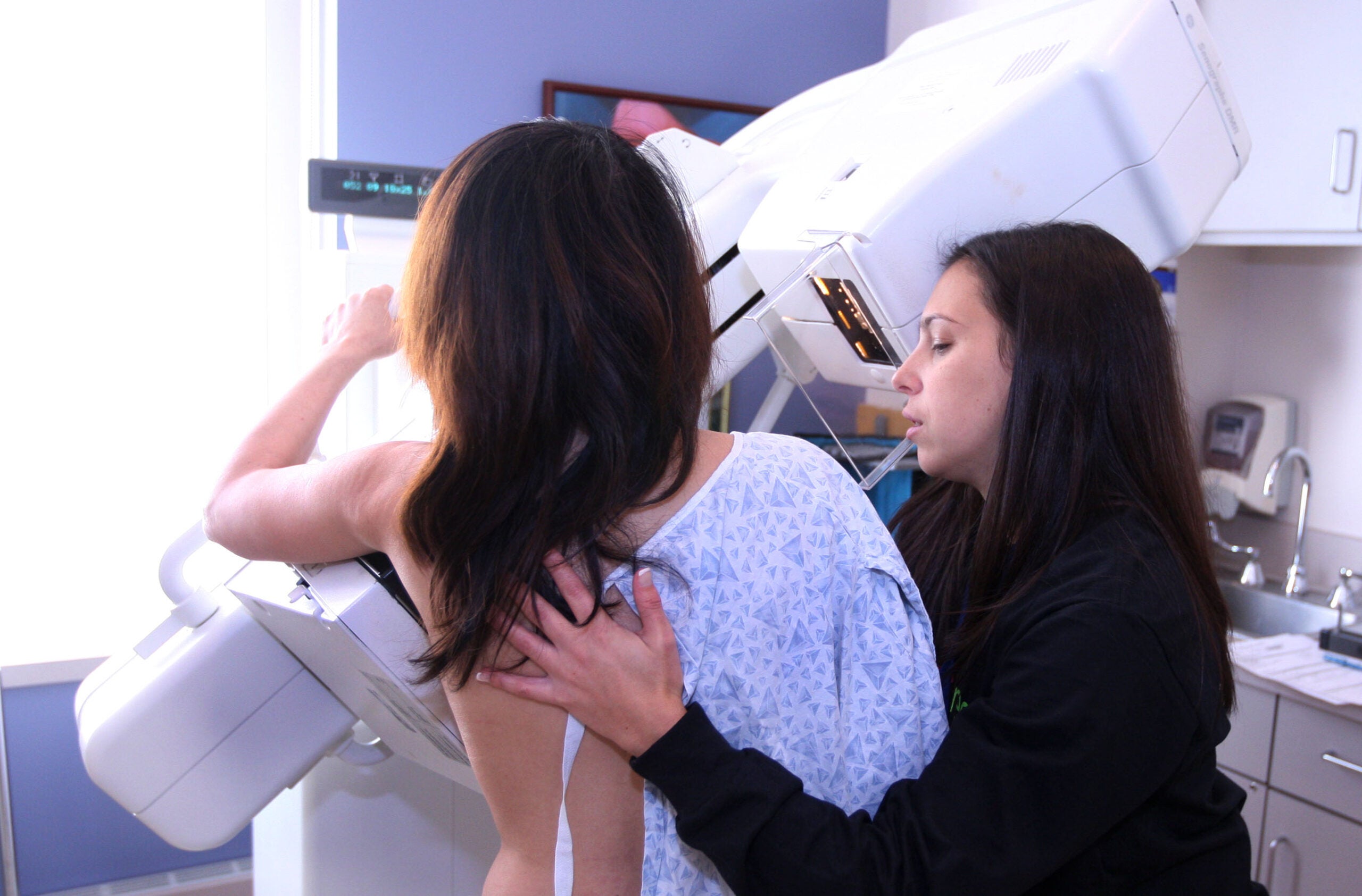Patients at a higher risk of breast cancer could see the cost of preventative screenings eliminated under a bill being introduced for a third time by Wisconsin legislators.
Gail’s Law would require insurers to cover supplemental breast screening exams for individuals at increased risk.
Current Wisconsin law requires insurance coverage for an initial mammogram, but it does not require coverage for follow-up screenings, including those needed due to dense breast tissue or abnormal results.
News with a little more humanity
WPR’s “Wisconsin Today” newsletter keeps you connected to the state you love without feeling overwhelmed. No paywall. No agenda. No corporate filter.
About 50 percent of women have dense breast tissue, making them four to six times more likely to develop breast cancer, since tumors are often more difficult to detect with standard mammograms.
Due to the insurance coverage gaps, many women currently face out-of-pocket costs upwards of $1,000 for supplemental imaging.
State Rep. Amanda Nedweski ,R-Pleasant Prairie, is one of the co-sponsors of the bill. She said the financial burden of additional screening costs should not discourage women from getting critical diagnostic tests.
“I think of the women out there who get that letter, and how many of them are following up with the secondary screening, and how many are blowing it off because they don’t have an extra $1,000 for an MRI right now,” Nedweski said. “And then they have a diagnosis two years down the line, where they’re already in stage 3, where if they had just gone for that ultrasound early on, maybe they could have caught it early enough and could have avoided having to go through chemotherapy or radiation or treatment.”
Almost 99 percent of women diagnosed with breast cancer at the earliest stage live for 5 years or more, compared to about 32 percent of those diagnosed at the most advanced stage, according to the U.S. Centers for Disease Control and Prevention.
There is also a cost benefit for treating early.
The average per-patient costs for medical services were highest for the end-of-life phase at $76,100. Early stage breast cancer treatment costs about $35,000, according to the CDC.
Dawn Anderson is the former executive director of the Wisconsin Breast Cancer Coalition. She now heads the coalition’s policy committee.
Anderson said insurance companies have for years fought against required coverage of additional breast cancer screening. But in the end, she said, companies spend more money treating late-stage cancer.
Neenah woman’s cancer fight is inspiration for Gail’s Law
Gail Zeamer was diagnosed with stage 3C breast cancer in 2016. The 47-year-old had been getting annual mammograms, but she was never told she had dense breasts or that routine mammograms could miss up to 50 percent of cancers in women with dense breasts.
Zeamer had a small tumor that had been hidden for years behind dense tissue.
While Zeamer was undergoing chemotherapy, radiation and surgery, she reached out to her state legislators and shared her story.
In 2017, Wisconsin passed legislation requiring health care facilities to notify a woman, after her mammogram, if she has dense breast tissue.
The mandated notification also encourages women to follow up with their health care professional to discuss risk and the potential need for further screening. These tests may include ultrasound or MRI.
Zeamer continued her work, joining the Wisconsin Breast Cancer Coalition and notifying legislators that insurance doesn’t cover the cost of additional screening.
The first version of the bill was introduced in 2021 and included a $50 copay.
During the legislative session, Zeamer learned her cancer was back, and had spread to her brain.
The bill did not make it out of committee.
In February 2023, another attempt was announced and the Early Detection Saves Lives Coalition was formed to support the effort. The group includes the Wisconsin Breast Cancer Coalition, the Susan G. Komen group, American Cancer Society and Wisconsin Primary Health Care Association.
Those groups later pulled their support when an amendment was added to the bill that removed MRI screenings.
The 2023 bill was never scheduled for a vote in the Senate or Assembly.
But throughout the 2023-24 session, Zeamer was there, continuing to fight.
She died on June 2, 2024. She was 56.
“Gail was an amazing woman,” Anderson said. “She had two daughters and testified for both bills that she wasn’t doing this for her. She was doing it for other women and her daughters. She was doing it for all of us.”
State Rep. Cindi Duchow, R-Delafield, authored this session’s bill.
She said legislators typically shy away from creating laws that create mandates, like Gail’s Law would do to insurance companies.
“We know we do not like to do mandates,” Duchow said. “I know I do not. But in this situation, I thought that we break our rule of never doing mandates.”
Duchow believes there is finally an appetite to pass the legislation.
“Everybody knows somebody who’s had breast cancer,” she said. “Whether it’s your next door neighbor or it’s your sister or it’s your cousin, it just affects an awful lot of people.”
Wisconsin Public Radio, © Copyright 2026, Board of Regents of the University of Wisconsin System and Wisconsin Educational Communications Board.







